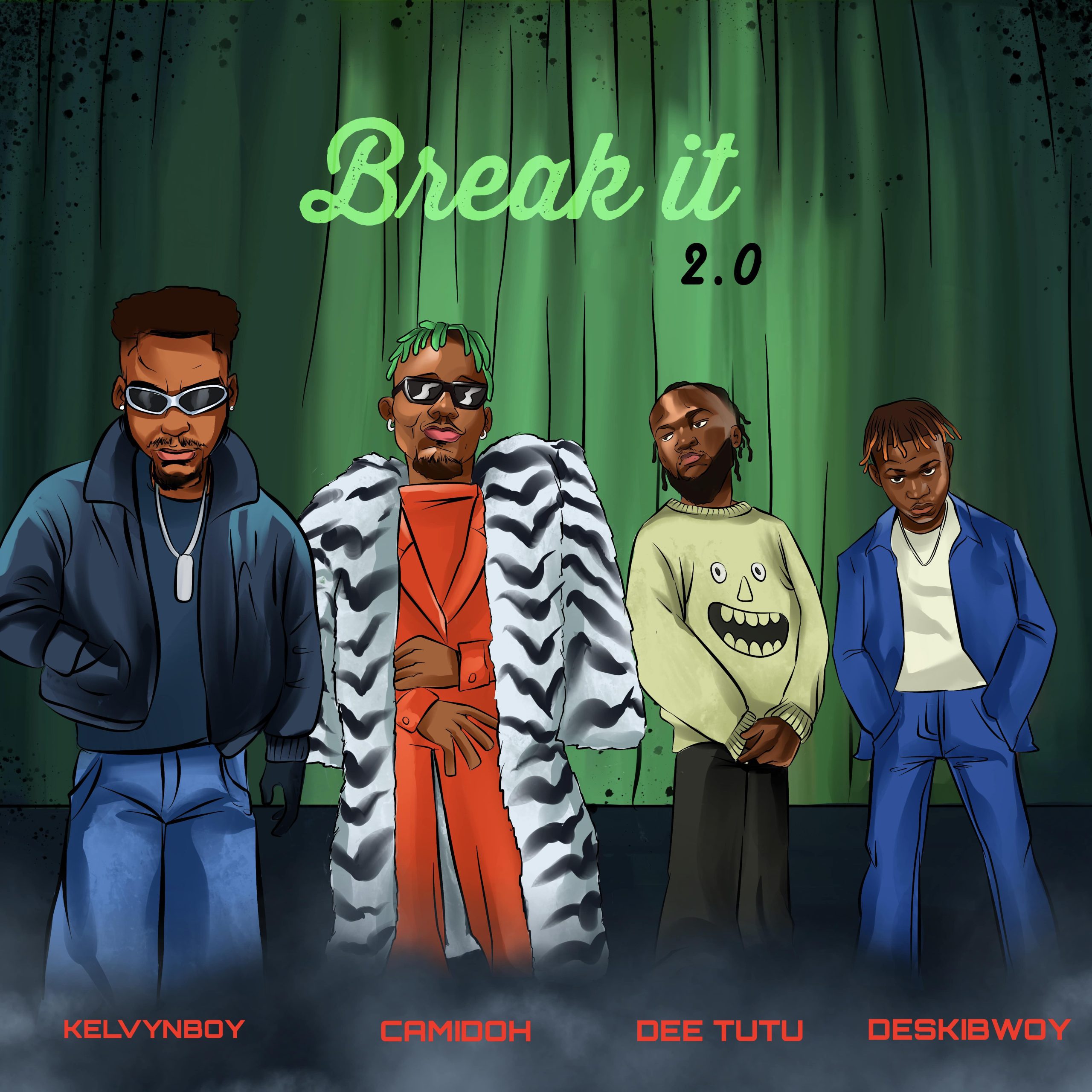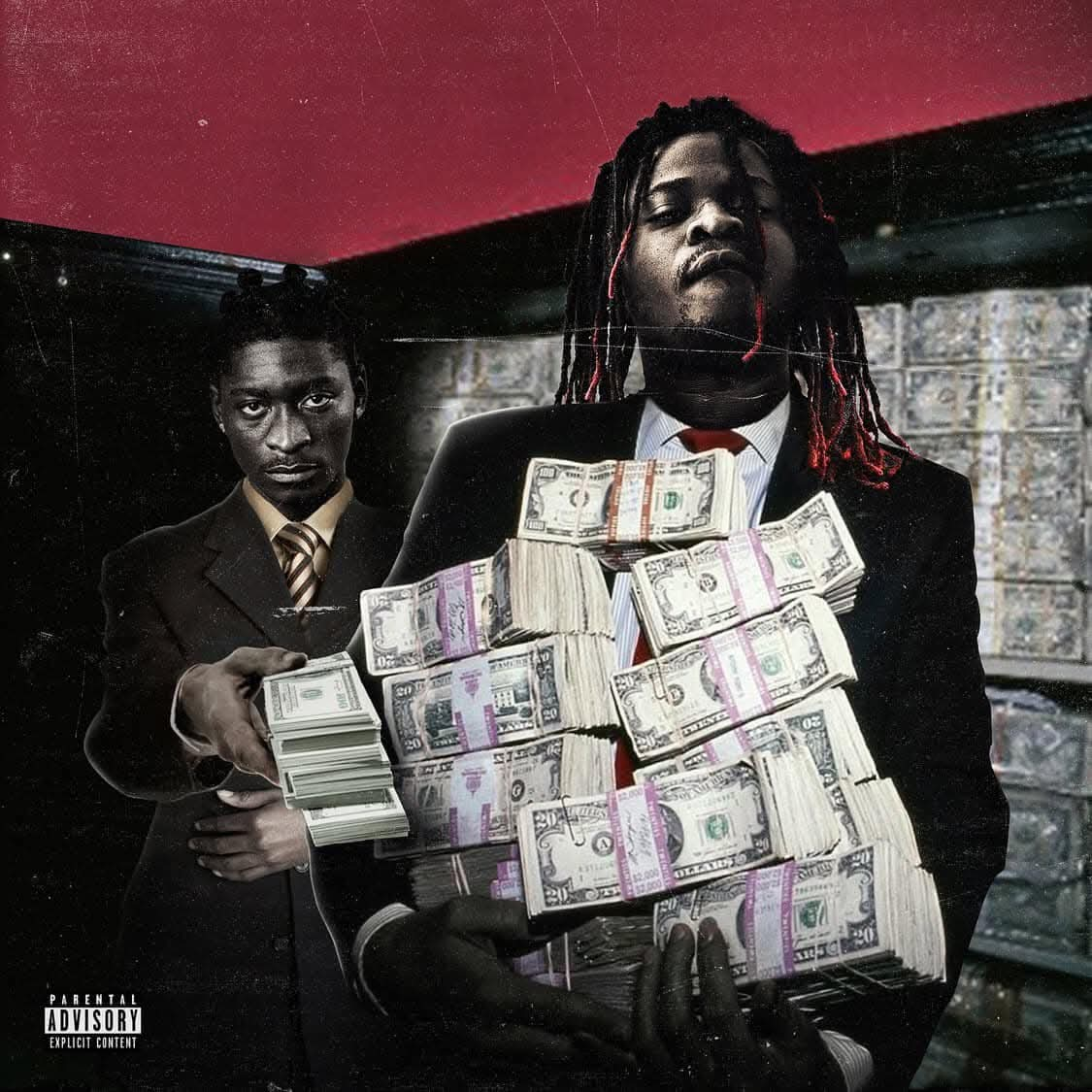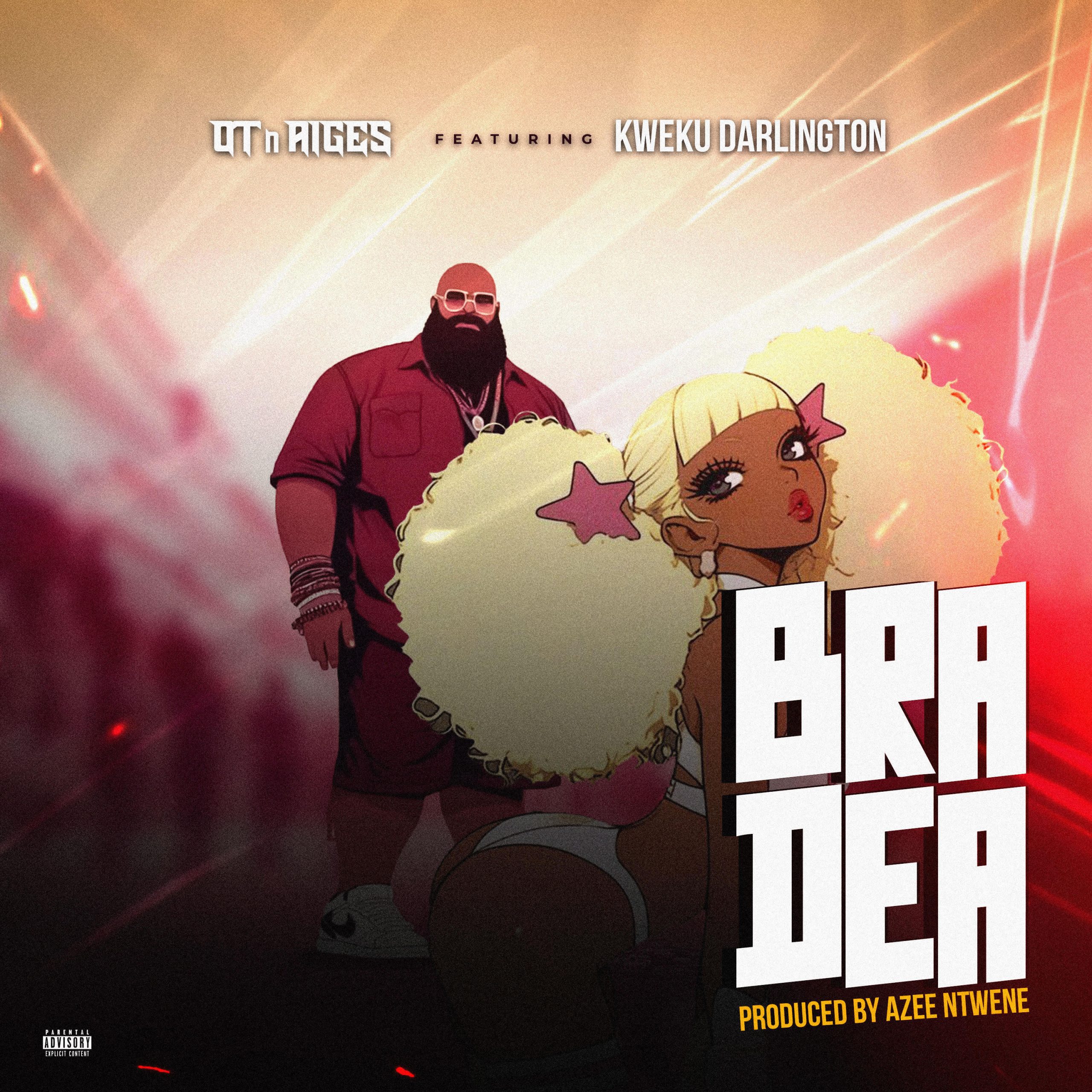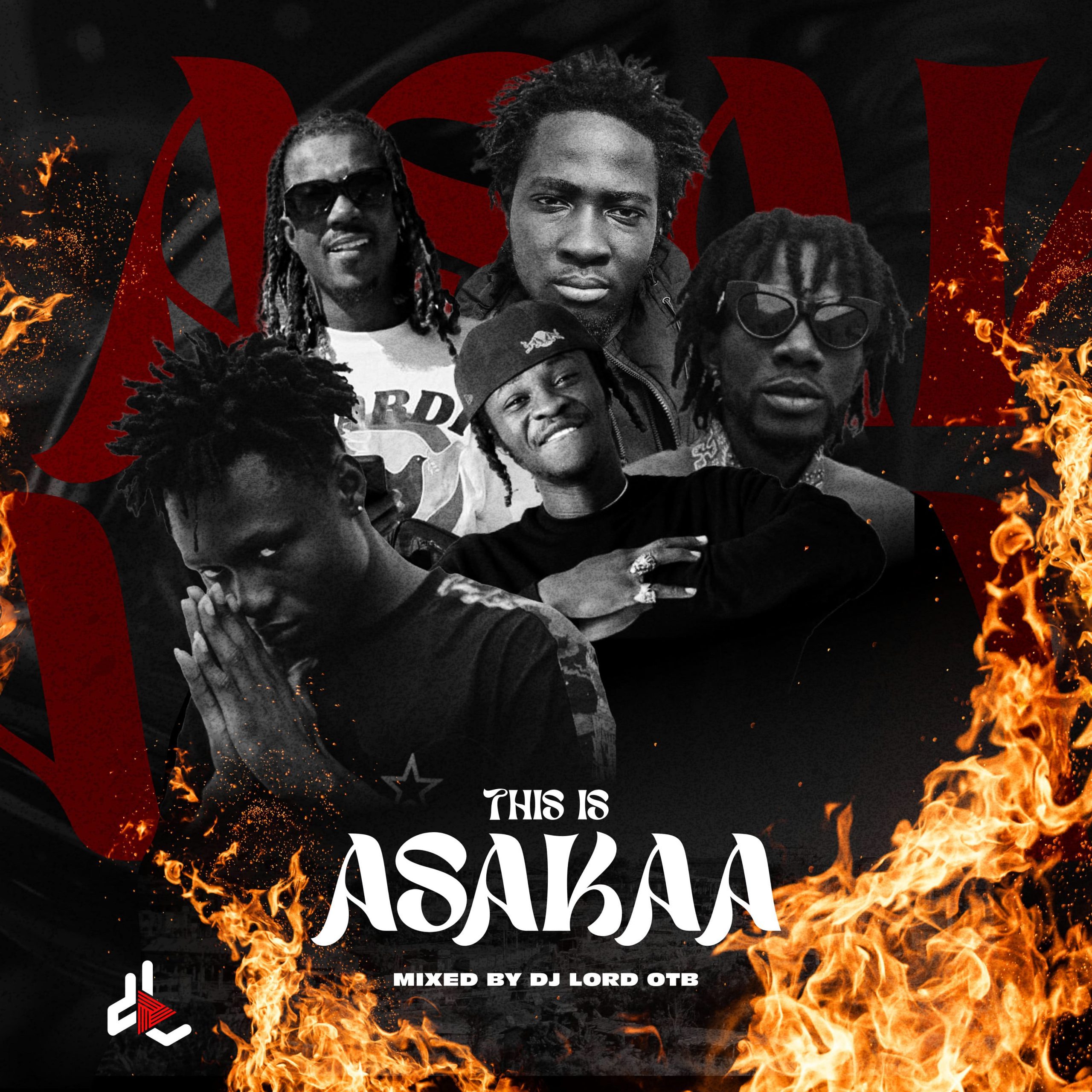Popular African Music Genres and Their Origins
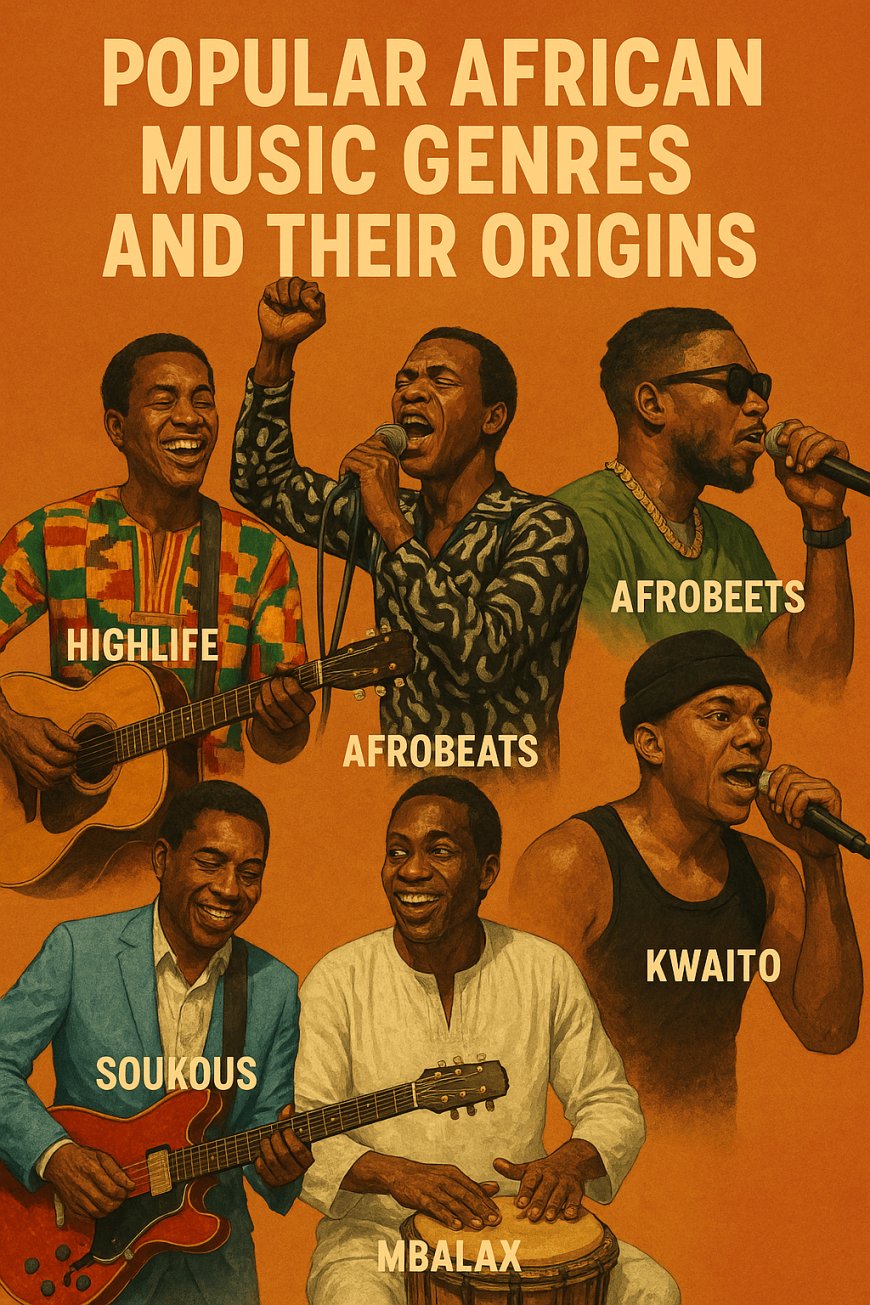
African music is a vibrant and powerful reflection of the continent’s rich cultural heritage, diversity, and creativity. With over 3,000 ethnic groups and more than 2,000 languages spoken across Africa, it's no surprise that the music from this part of the world is as dynamic and varied as its people. From traditional rhythms to globally recognized contemporary sounds, African music continues to influence and shape the global music scene.
In this article, we explore some of the most popular African music genres, highlighting their unique characteristics and tracing their origins.
Highlife – The Sound of Ghana’s Golden Coast
Highlife is one of the earliest modern African music genres, originating in Ghana during the early 20th century. It combines traditional Akan rhythms with Western instruments like the guitar, horns, and piano.
Initially played by brass bands in coastal towns, Highlife became a favorite at social gatherings and gradually spread across West Africa. Legendary artists like E.T. Mensah, Amakye Dede, and Rex Omar helped popularize the genre. Today, Highlife remains a key influence in the evolution of other African genres, including Hiplife and Afrobeats.
Afrobeat – Nigeria’s Message Through Music
Afrobeat was pioneered by Fela Kuti in Nigeria in the late 1960s. The genre is a bold mix of traditional Yoruba rhythms, jazz, funk, and highlife. It is known not just for its upbeat grooves but also for its politically charged lyrics, often tackling issues like corruption and social justice.
Afrobeat's complex instrumental arrangements and energetic performances made it a powerful tool for expression. Today, Fela Kuti’s legacy lives on through artists like Seun Kuti and Femi Kuti.
Afrobeats – Africa’s Global Pop Sound
Often confused with Afrobeat, Afrobeats (with an "s") is a modern genre that emerged in the 2000s. It blends elements of hip-hop, dancehall, R&B, and electronic music with African rhythms.
Afrobeats is not tied to one particular country but is heavily driven by artists from Nigeria and Ghana. Superstars like Wizkid, Burna Boy, Davido, and Tiwa Savage have taken Afrobeats to international platforms, collaborating with global icons and performing at top music festivals.
Soukous – Central Africa’s Dance Machine
Soukous, derived from Congolese rumba, is a genre that originated in the Democratic Republic of Congo in the 1960s. It's known for its fast-paced guitar solos, catchy melodies, and dance-friendly beats.
Artists like Franco Luambo, Papa Wemba, and Koffi Olomide brought Soukous to the forefront, making it one of the most danceable genres in Africa. It remains highly influential in African music scenes across the continent and diaspora.
Mbalax – Senegal’s Percussive Pulse
Mbalax is a genre from Senegal, deeply rooted in traditional Wolof rhythms. Developed in the 1970s, it blends local drum patterns with Cuban salsa, jazz, and pop music.
The genre was brought to international fame by Youssou N’Dour, one of Africa’s most iconic voices. Mbalax is fast-paced, rich in percussion, and features strong vocal performances, often accompanied by dancing.
Kwaito – The Voice of South Africa’s Youth
Born in the townships of Johannesburg during the early 1990s, Kwaito is a genre that reflects post-apartheid South Africa. It combines house music beats with local languages, African sounds, and urban culture.
Kwaito is more than just music — it’s a movement. Artists like Mandoza, Boom Shaka, and Zola gave a voice to the youth, speaking on issues like poverty, identity, and street life through their lyrics and style.
Why African Music Matters
African music is not just about entertainment. It is a form of communication, healing, storytelling, and resistance. As global interest in African genres grows, more artists are breaking into international markets, and the world is dancing to African beats.
Whether it’s the soulful sounds of Highlife, the electrifying energy of Afrobeat, or the danceable rhythms of Soukous and Kwaito, African music is a celebration of identity, history, and unity.
Final Thoughts
Africa’s music scene is continuously evolving, fueled by creativity and resilience. These genres are not just historical artifacts but living traditions that keep influencing the world’s soundscape. As you explore African music, you’re not just listening to songs — you’re experiencing culture, history, and rhythm all at once.
What's Your Reaction?
 Like
0
Like
0
 Dislike
0
Dislike
0
 Love
0
Love
0
 Funny
0
Funny
0
 Angry
0
Angry
0
 Sad
0
Sad
0
 Wow
0
Wow
0










